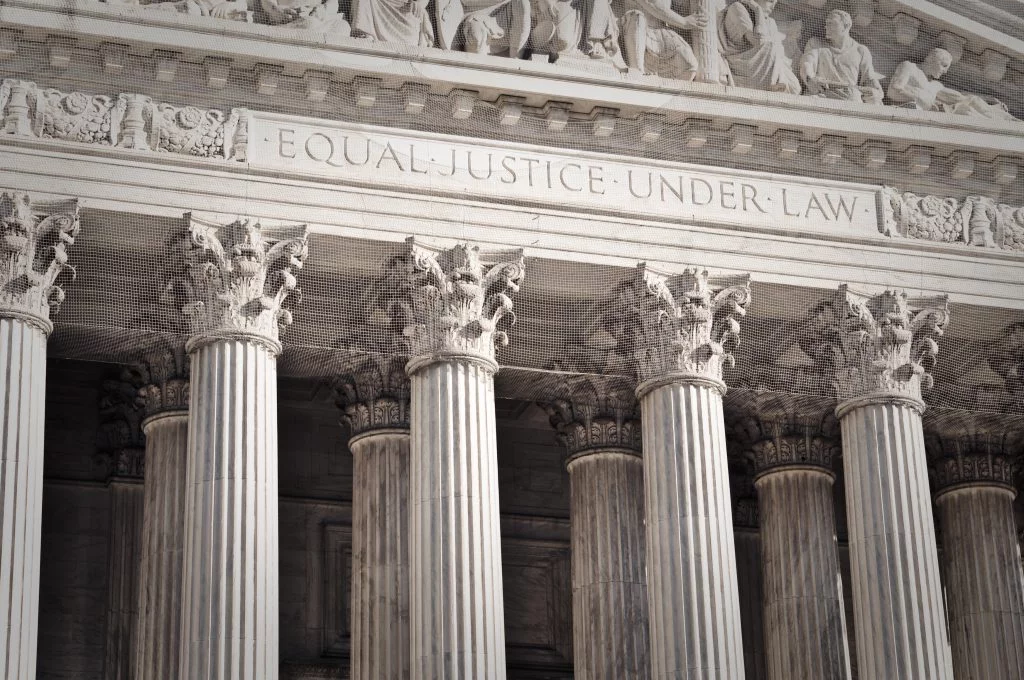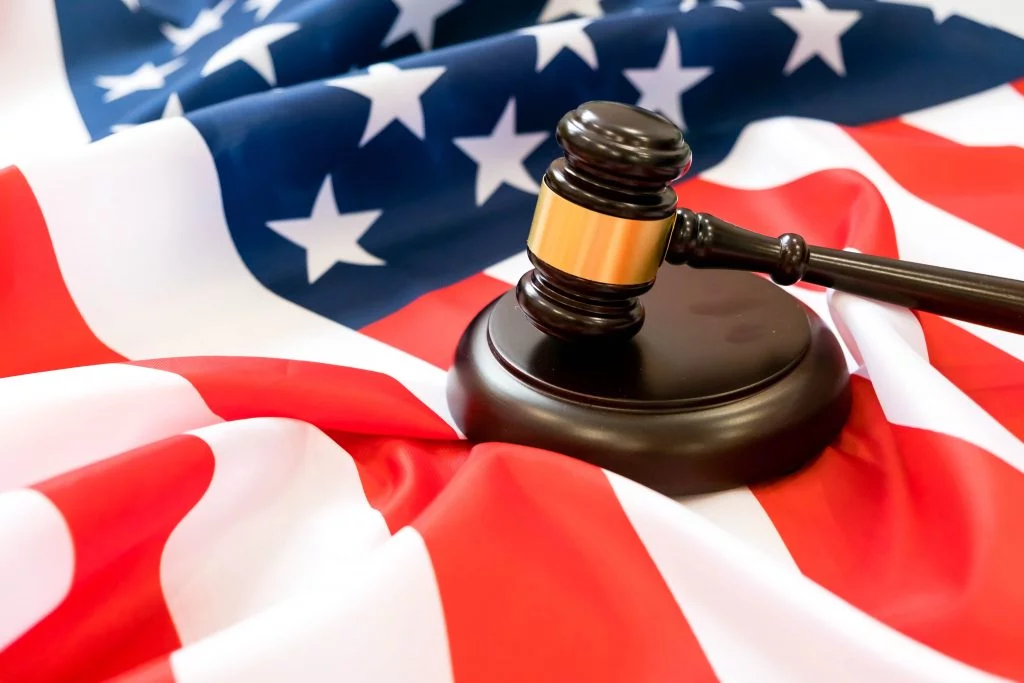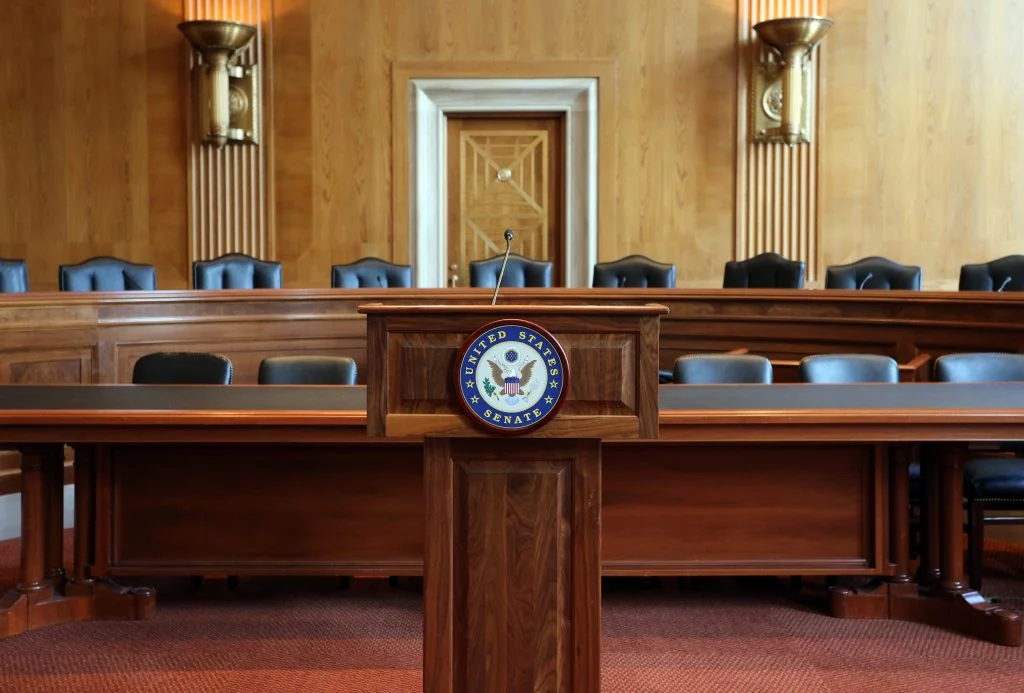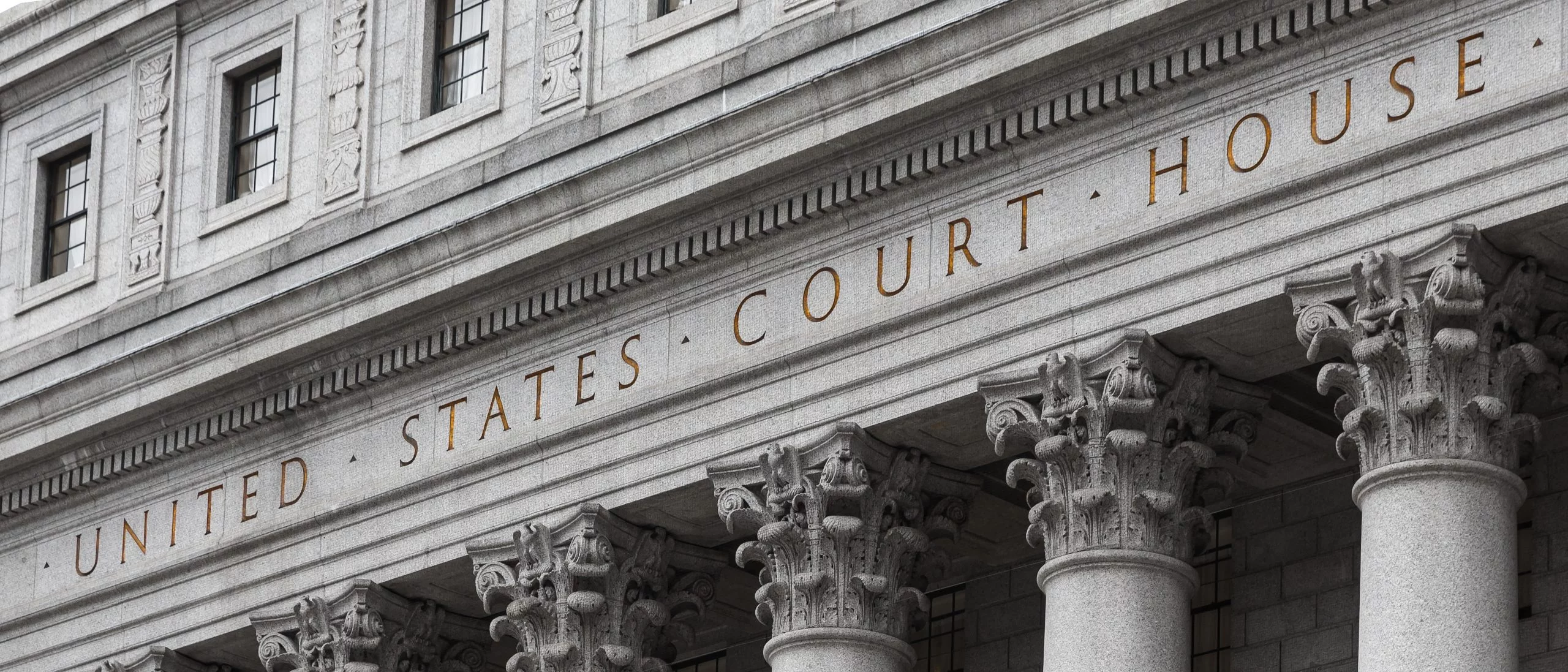Federal preemption occurs when two laws contradict each other, the federal law will always win. The doctrine that decides this is based on Article VI Section 2 of the United States Constitution. In respect to the civil justice system, preemption means that the federal law will preempt lawsuits based on state law claims for negligence or failure to warn.
The Constitution calls federal law the “supreme law of the land,” which means that no other state or local law can challenge it if it is federal law. The same applies in the correlation with state and local laws. Local law cannot overrule state law.

Why is Preemption Important?
In the United States, different levels of government are constantly working together to make new laws. These laws are created to bring order to states and localities. Since there is an assortment of laws that get created among these states and localities, the Constitution was amended to provide a basic rule on determining which laws were to be followed. In torts, the most common preemption types are express and implied preemptions.
Express Preemption
Express preemption occurs when Congress expressly states that a federal law is intended to preempt certain types of state legislation. To be true, the federal law must be valid and not beyond the constitutional power of Congress. The same applies in reverse scenarios. Congress can also expressly state that the federal law does not intend to preempt certain types of state legislation.
Implied Preemption
There are two types of implied preemption:
- Conflict Preemption – Conflict preemption occurs when 1) a state law conflicts with federal law because it is impossible to comply with both at the same time, or 2) a state law conflicts with federal law because it interferes with objectives of the federal law. To determine if this type of preemption exists, there is a necessity to determine the purpose of the specific federal law and how that is impacted by the operation of state laws.
- Field Preemption – Field preemption is when the government has fully occupied the area they have chosen to regulate. To show that field preemption exists, the government official challenging it must show that Congress had the intention to fully occupy a field and leave no room for even state legislation on a supplemental level. Even if the field preemption exists, there may still be some dispute over the scope of the field that Congress intends to preempt.
Addressing Preemption
Preemption is not a simple concept to understand. Some of the guiding principles have emerged from the cases that have been tried in the last few decades in the judicial and legislative history. Preemption carries enormous power – a power that can invalidate previous laws and preclude future laws.
When carrying out preemption provisions, they must be tailored to the specifics of the situation. It is also increasingly important to address the specific content while remaining skeptical of the idea of ceiling preemption. That is why there is a level of care taken when addressing preemption that covers health or safety.
Ceiling Preemption – the maximum level of protection that state or federal laws set for people’s rights, health, safety, and welfare
Floor Preemption – the minimum level of protection that state and federal law provides (above which the local law can provide greater protection)
The Clinton Administration recognized the importance of preemption, even creating an executive order.

Executive Order 13132 “Federalism”
On August 4, 1999, President Clinton’s administration issued Executive Order 13132, “Federalism.” The order outlined a policy for how the regulatory agencies of the Executive Branch should handle regulations that conflict with state law. In Section 4, the order specifically addresses preemption. The regulations state that agencies should restrict their interpretations of their own regulations, preempting the law in three situations:
- Congress expressly authorized the preemption
- Congress intended the preemption, based on “clear evidence”
- The state law conflicts with regular enforcement or exercise of federal law
These are still accepted as the three main situations in which the preemption may occur.
How Preemption Can Hinder Liability Lawsuits
There are times when preemption can make it difficult for lawsuits to be filed against manufacturers and other times when it may not. The doctrine is full of complexities, subtleties, and exceptions that even those with the highest level of legal education can grasp straws to understand. This preemption can make it difficult for injured patients to hold drug and medical device manufacturers or makers accountable for side effects that can be complicated.
The United States Food and Drug Administration’s (FDA) power and responsibility are considered preemptive. Under this ideology, if a medical device is made and meets the requirements of the FDA, it generally cannot be sued for something that would conflict with those requirements. The state legislatures and courts can’t require manufacturers to violate federal law.
When it comes to labeling or design that was approved by the FDA, the manufacturer or maker cannot be sued. If there is misuse or false statements made by the manufacturer, the states have a right to get involved without the worry of preemption.

Liability Lawyers and Preemption
When it comes to cases where preemption may be a factor, like with device malfunctions or manufacturer malintent, the best advice will come from a lawyer who handles personal injury and liability cases. If you are unsure about a case and the preemptive protection that the company may have through the federal government, the best thing to do is get a free case consultation.
Lawyers often provide case consultations as a way to determine if a case will hold up in court or not. The cases that involve federal preemption can be difficult. Legal professionals can determine if your case can be handled at a state level or if it will be dismissed due to federal preemption.
TORKLAW for Federal Preemption Consultation
As experienced legal professionals in the area of federal preemption, TORKLAW offices can hear your case and determine if you can file a lawsuit against a party. In cases of device malfunctions and manufacturers, we handle claims – often finding a resolution for our clients in the form of monetary compensation.
If you or a loved one have been a victim of a device malfunction or another liability issue that does not fall under FDA regulation, our lawyers can help you gain the compensatory damages you deserve. We are available 24/7 at 888.845-9696 or online through our website’s contact form.





